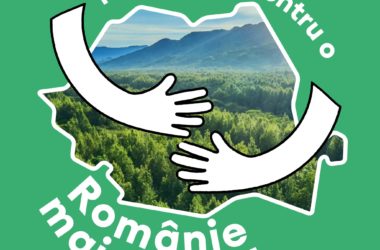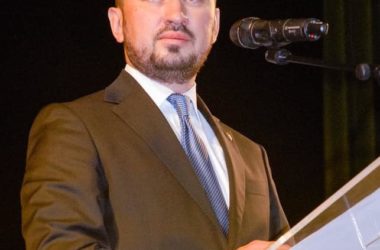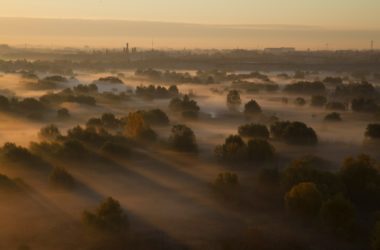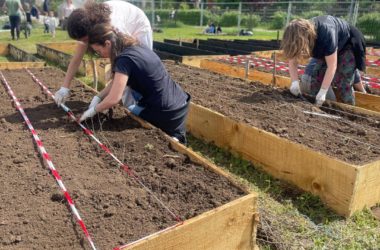Rewilding Romania has successfully completed the first phase of its project to restore longitudinal river connectivity in the Southern Carpathians. This project is part of a broader initiative supported by a €74,700 grant from the European Open Rivers Programme. Over the past four months, the team has identified and mapped 72 barriers across five key catchments – Belareca, Pârâul Rece, Feneș, Sebeș, and Bistra – including 39 dams, 26 weirs, 3 natural waterfalls, 2 fords, a sluice gate, and a stepped waterfall.
This phase enabled the inventory of species, assessment of the impact of these barriers, and the prioritization of those suitable for removal. Rewilding Romania has also established clear priorities for future actions and is preparing to advance to the next two phases of the initiative, which require additional funding. The organization plans to apply for new grants starting next year to continue its long-term efforts to improve river connectivity and restore biodiversity. Close collaboration with APS Aqua Crisius and local authorities remains a key component of this effort.
“The progress we’ve made in identifying and evaluating river barriers is an essential step toward restoring aquatic ecosystems and the habitats of numerous fish species. This initiative is part of our long-term vision to enable rivers to flow freely again and restore natural processes. By undertaking scientifically grounded interventions and feasibility studies that account for associated risks, we aim to generate sustainable benefits for both biodiversity and local communities”, said Marina Drugă, Team Leader Rewilding România.
The project, funded by the Open Rivers Programme, will continue until the end of March 2025 and ensures the completion of the first phase of Rewilding Romania’s broader river restoration initiative. Upon concluding this phase, the organization plans to secure additional funding to proceed with subsequent phases of the same initiative:
- Phase Two: Conducting technical feasibility studies and obtaining the necessary permits.
- Phase Three: The actual removal of the selected barriers.
The funding requirements for Phase Two will be outlined and presented to potential donors at the beginning of next year.
Planned Actions for 2025
- Preliminary Agreements: Collaborate with land owners to secure the necessary consent for removals.
- Public Consultations: Organize discussions with local authorities and other stakeholders.
- Project Report and Best Practices Guide: Publish a comprehensive report with collected field data and recommended measures, along with a guide to support other organizations in similar initiatives.
Rewilding Romania is working to ensure the long-term health of aquatic ecosystems in the Southern Carpathians by increasing river connectivity, improving breeding habitats, and boosting the resilience of key species. Removing obsolete barriers will improve sediment transport and water quality, benefiting several fish species.
About Rewilding Romania
Rewilding Romania is dedicated to the conservation and restoration of wildlife and natural habitats in Romania. The organization aims to promote biodiversity, support local communities, and ensure a sustainable future for the region’s natural heritage. Established in 2017, Rewilding Romania is part of the Rewilding Europe network, benefiting from technical, financial, and strategic support to advance its conservation goals. For more details, please visit: rewildingeurope.com/landscapes/southern-carpathians.
About the European Open Rivers Programme
The European Open Rivers Programme is a Dutch grant-giving organisation dedicated to restoring rivers. The programme offers grants to support projects that lead to the removal of small dams and the restoration of river flow and biodiversity. The programme is funded by Arcadia.
For more details, visit openrivers.eu.









